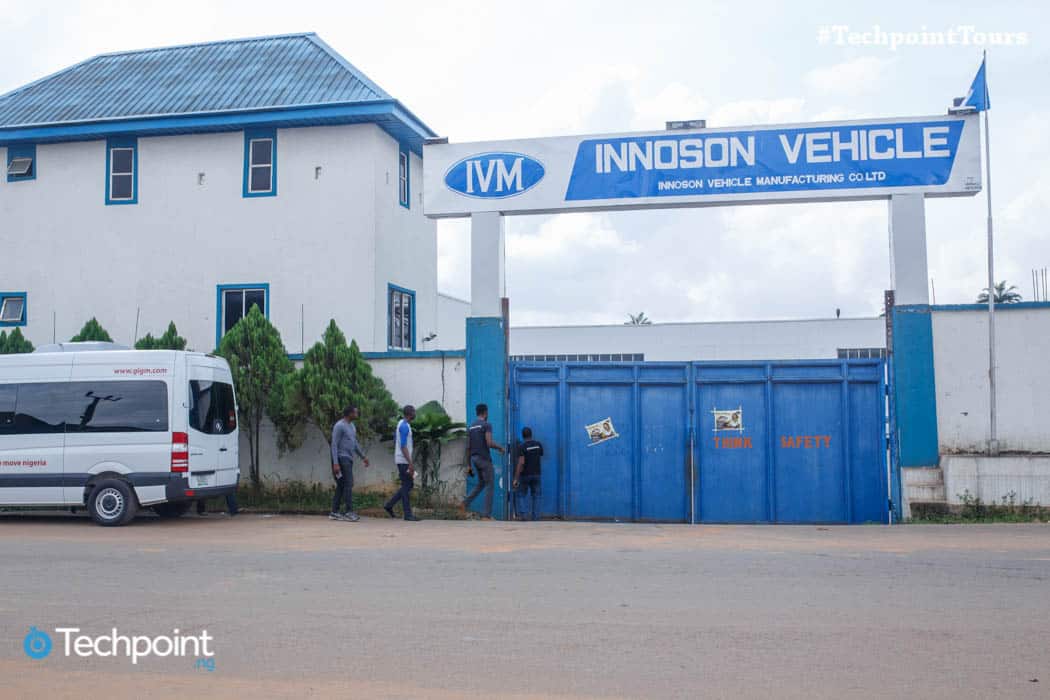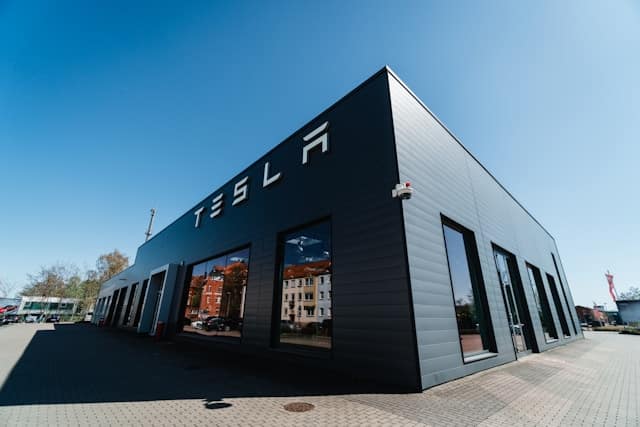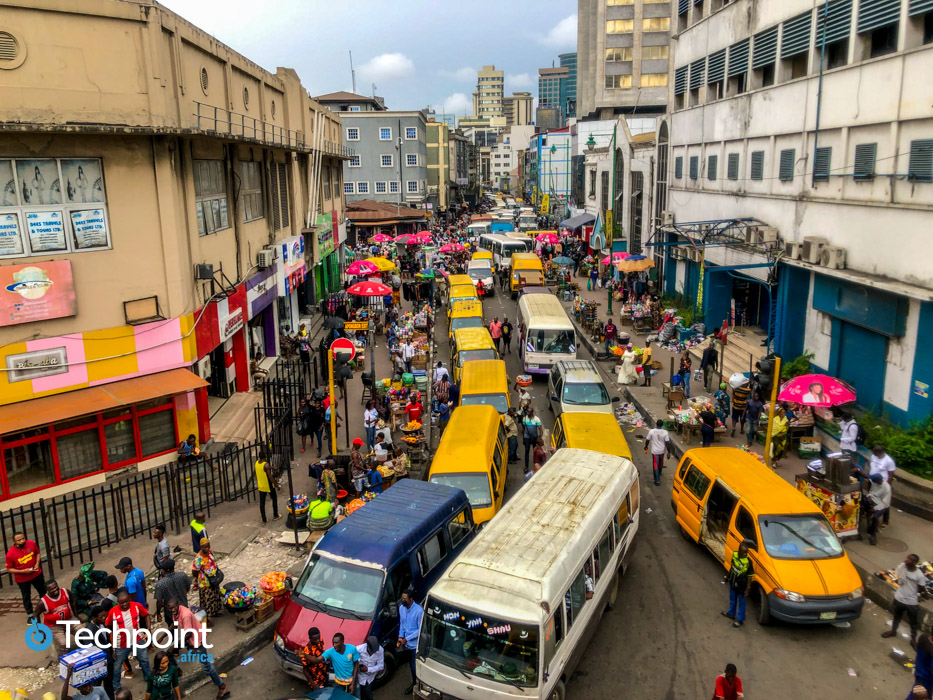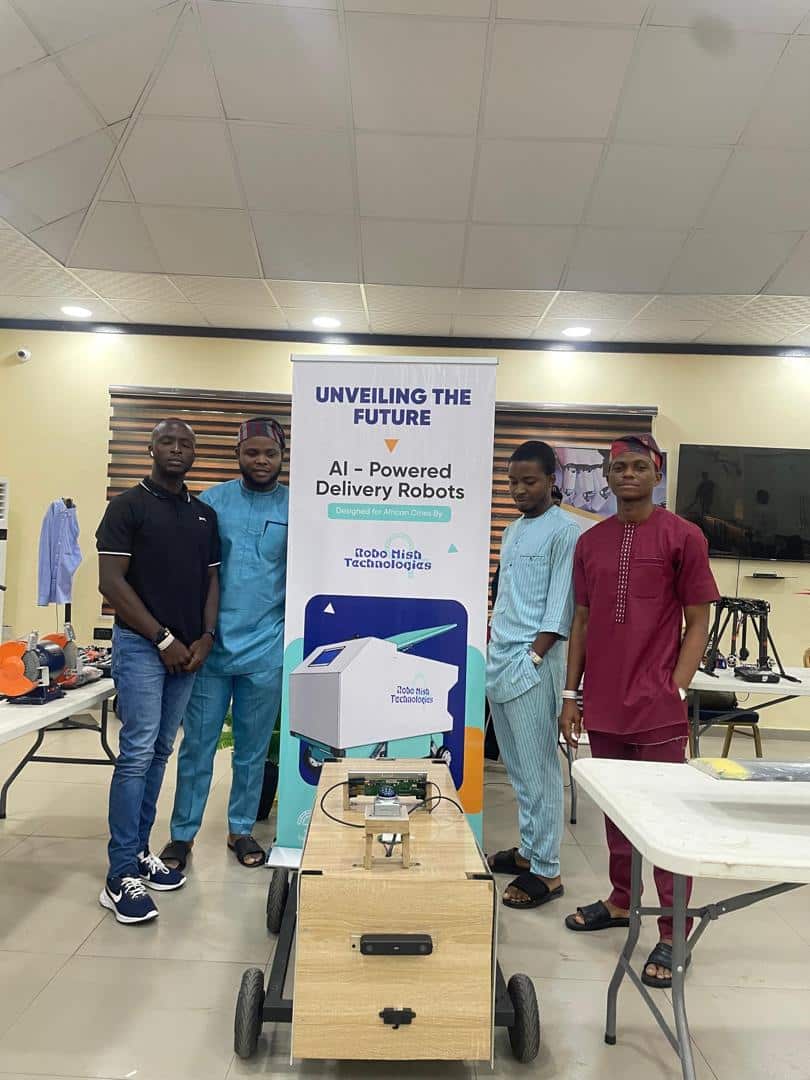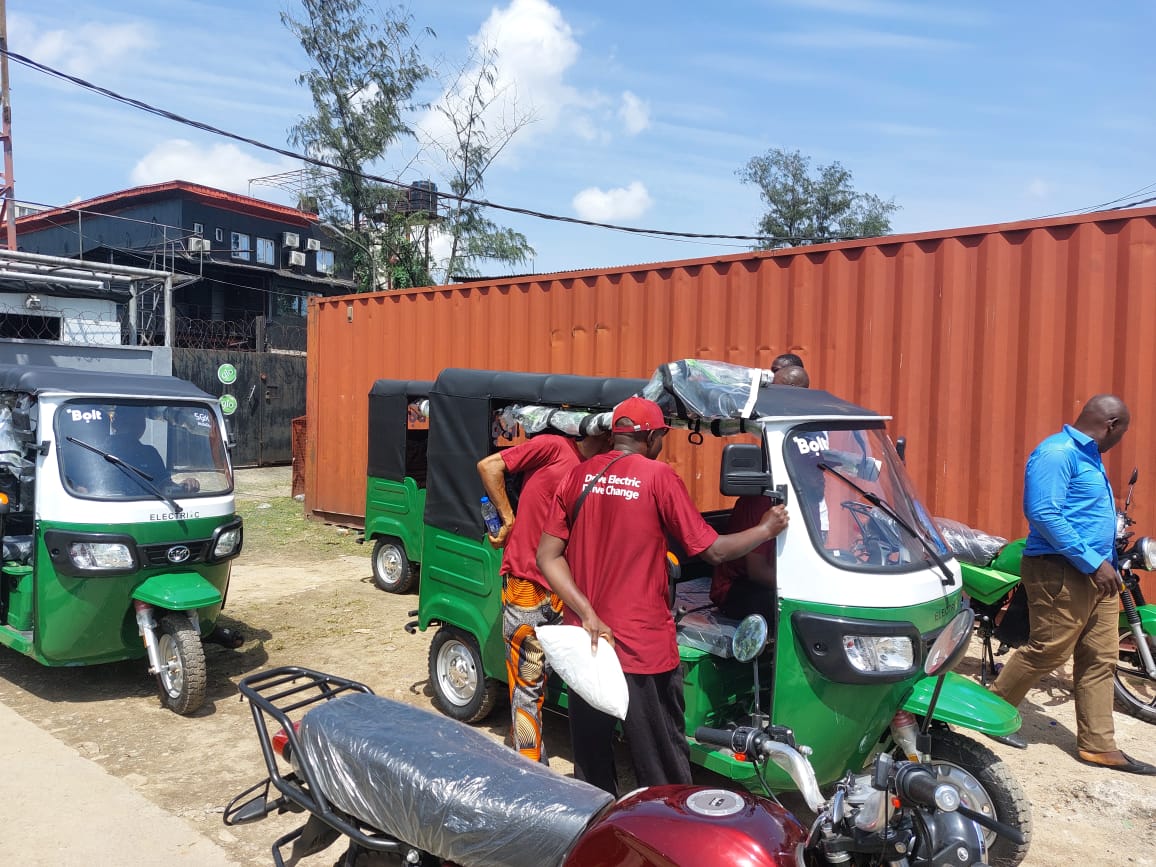- Nigeria’s vehicle manufacturer, Innoson Vehicle Manufacturing Company (IVM), has unveiled its first locally produced electric vehicle in Nnewi, Anambra State.
- This was revealed by the company’s Head of Communications and Corporate Affairs, Cornel Osigwe.
“I just test drove the first Innoson electric vehicle produced in Nnewi. We are just starting,” Osigwe shared in a Facebook post.
Ten months after discussing the need to boost locally made cars and revealing plans for an electric vehicle (EV) factory, Osigwe has shared a video test driving the EV.
At the time, Osigwe stated that Innoson’s Chairman, Innocent Ifediaso Chukwuma, had finalised plans to set up an electric vehicle manufacturing plant.
While Osigwe confirmed it is the company’s first production of an electric vehicle (EV), further details regarding the pricing, specifications, number of units produced, and the timeline for its commercial release are yet to be disclosed.
This development is a first for Innoson, but not for Nigeria, as the country already has up to six Nigerian electric vehicle companies. These include MAX, founded by Adetayo Bamiduro and Chinedu Azodoh; Jet Motor Company; Savenhart Investment Limited Technology (Siltech), founded by Tolu Williams; Possible EVs, founded by Mosope Olaosebikan; and Electric Motor Vehicle Company (EMVC).
The electric vehicle market in Nigeria is still in its early stages but has seen increased interest recently, with the government planning to make 30% of all vehicles electric by 2025. The market has also attracted companies like Spiro, which launched operations in Ogun State, Nigeria. In collaboration with the Ogun State government, the company has set up battery swap stations for electric motorcycles.
Innoson’s entry into the market comes at a time when the nation is grappling with fuel price hikes. Electric vehicles use electricity as their primary source of power, instead of petrol or diesel, and are charged at charging stations.
E-hailing platforms like Bolt have also been affected by the fuel price hikes, with the company announcing a 15% fare increase across all its ride categories in Nigeria to provide fairer compensation for its driver-partners impacted by the fuel price hike. Asides from this, previously, Bolt had also offered fuel subsidies for drivers.

